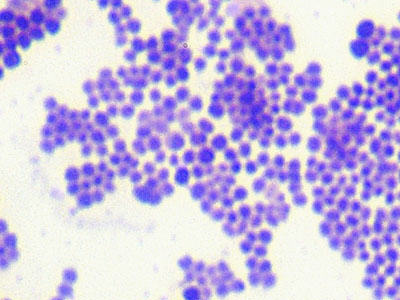Herpes Simplex Viruses
As is often the case with microorganisms, and the diseases or infections they can cause, it is important to be specific in our language and our understanding to avoid making embarrassing, or even dangerous, errors in judgment and assumption. This can be particularly true in the case of the herpes viruses, which have a rather …






